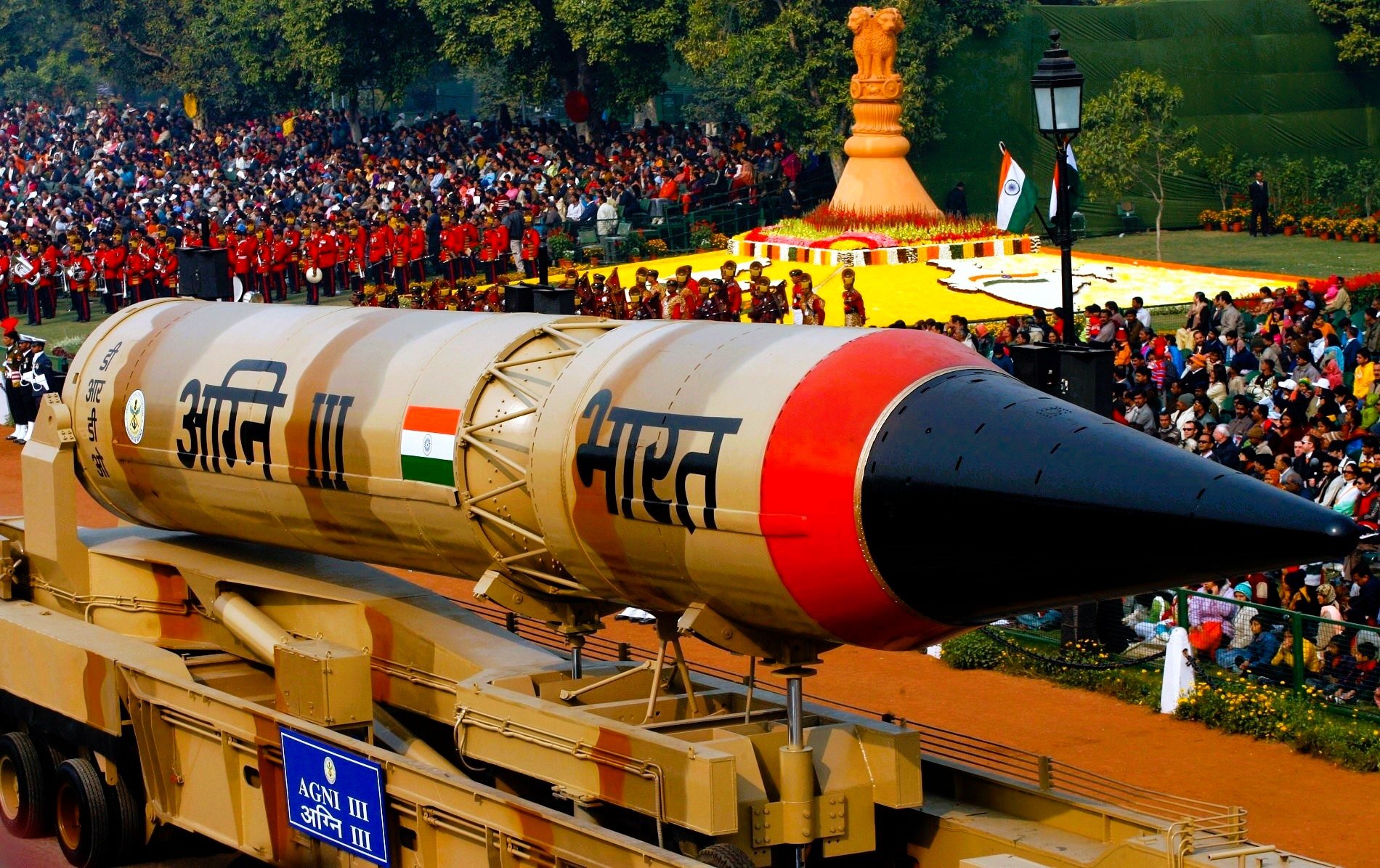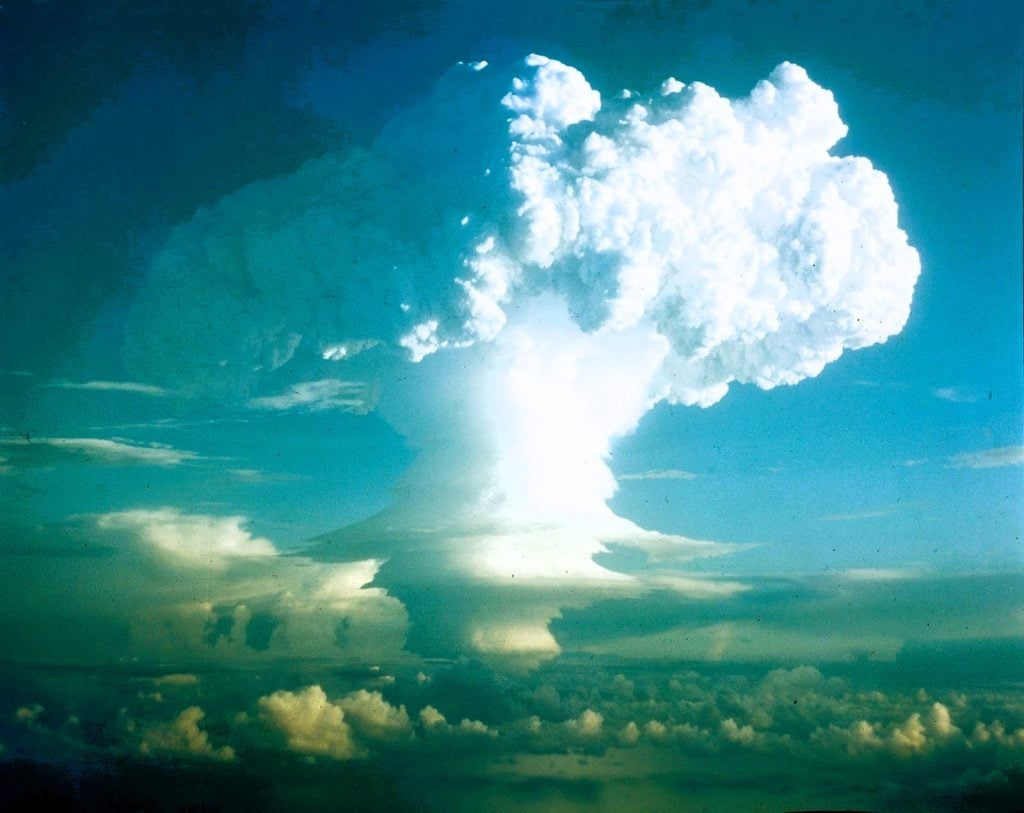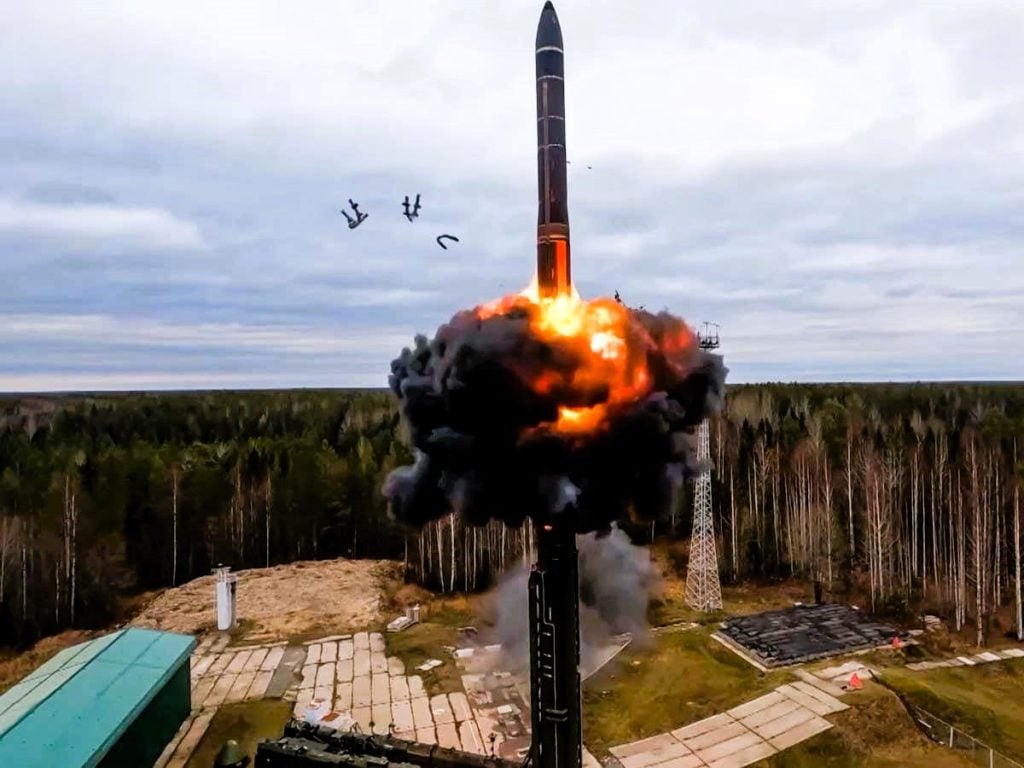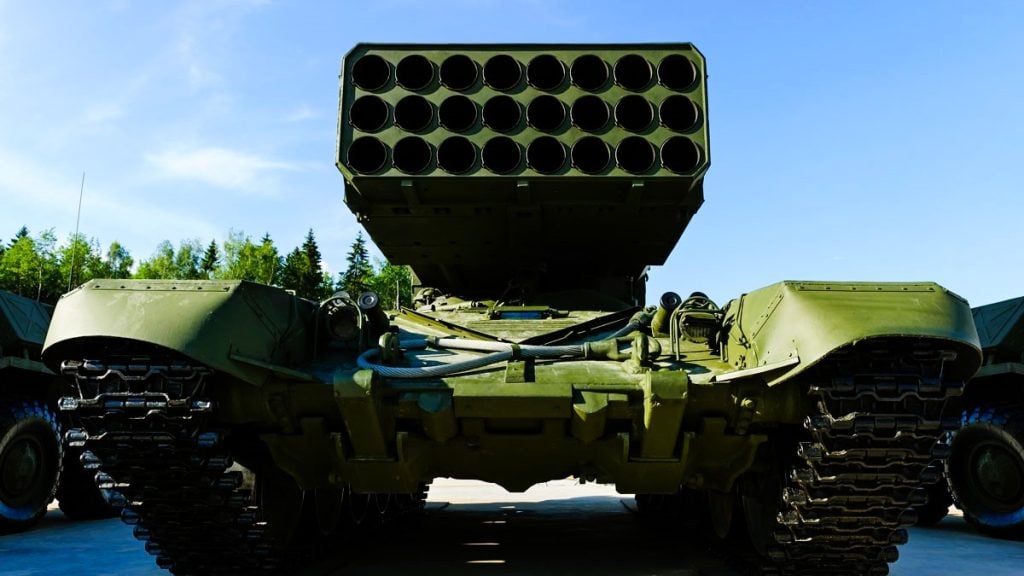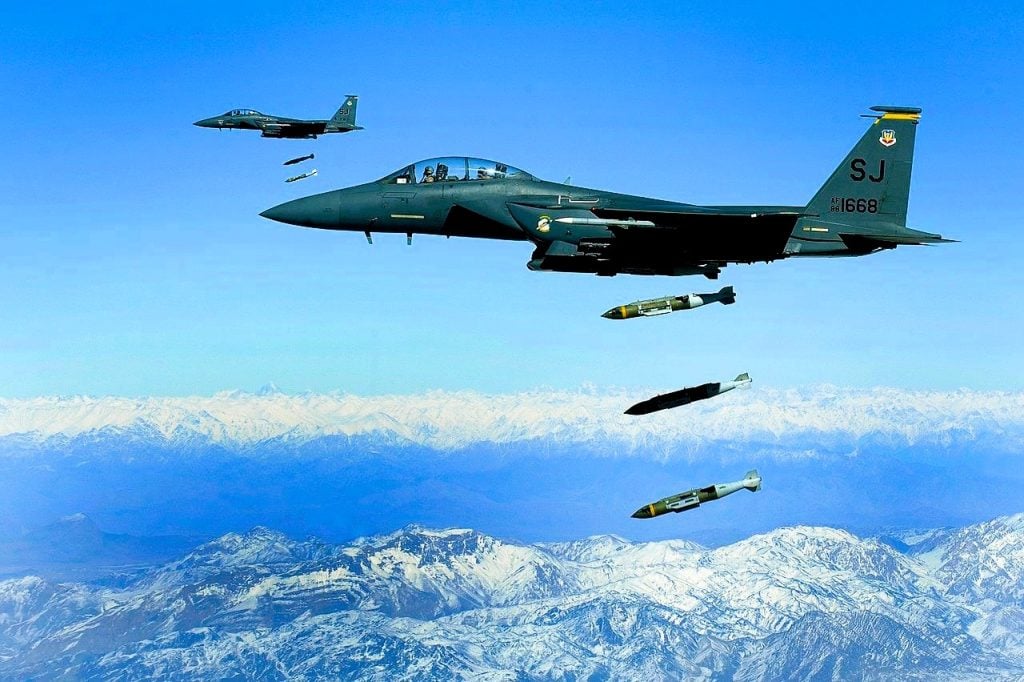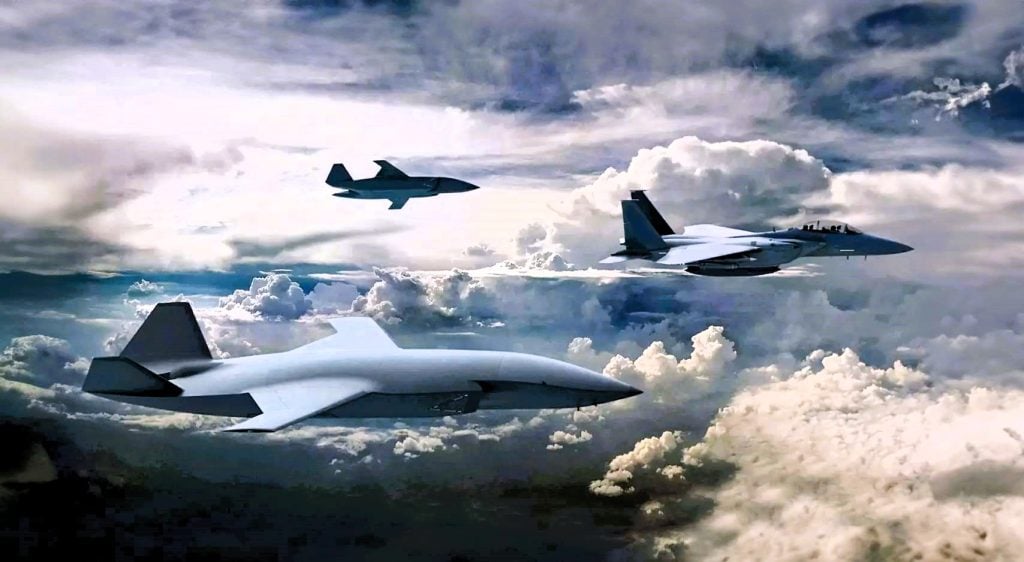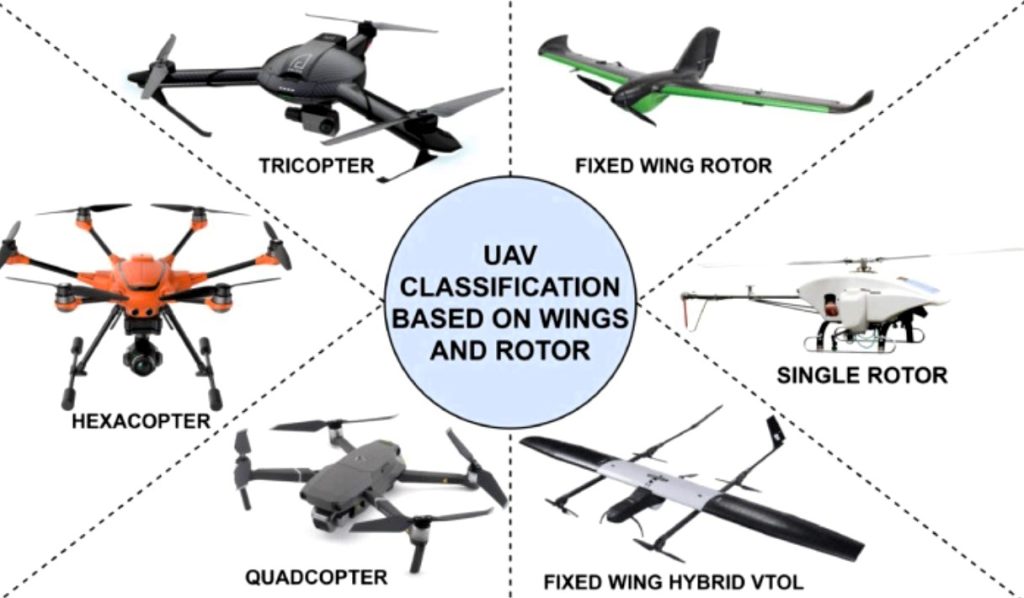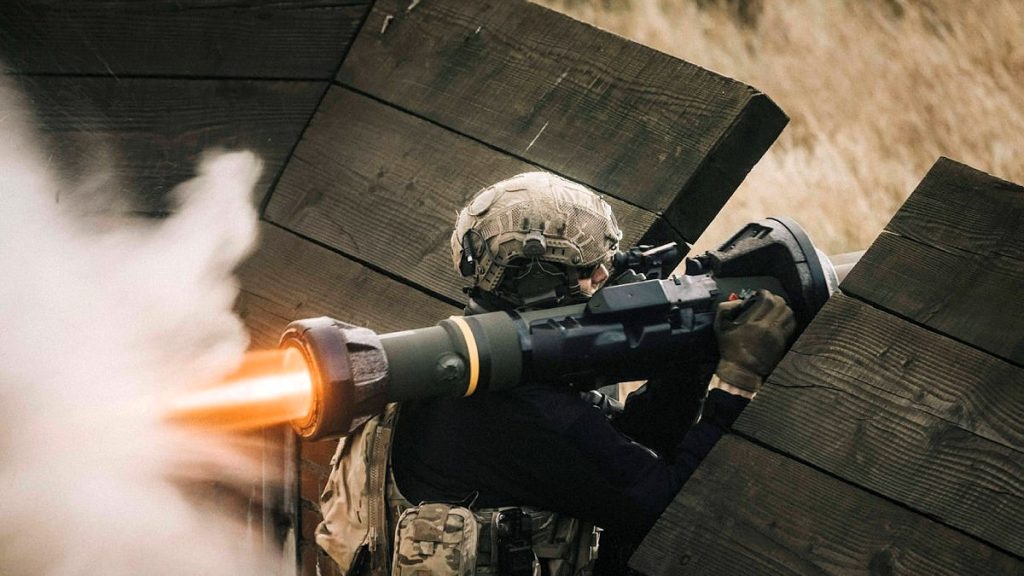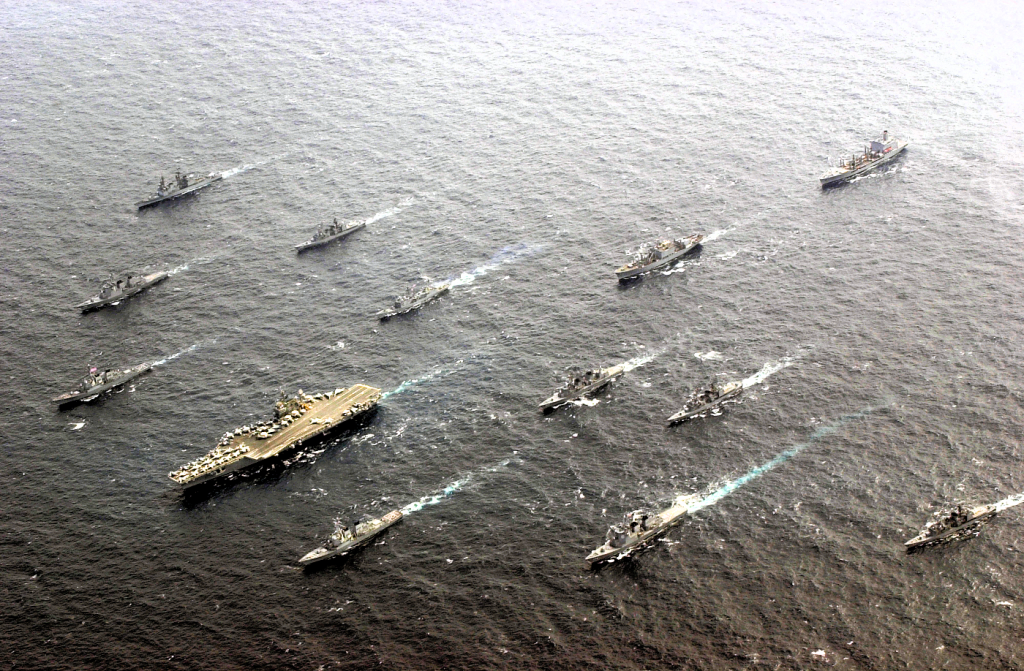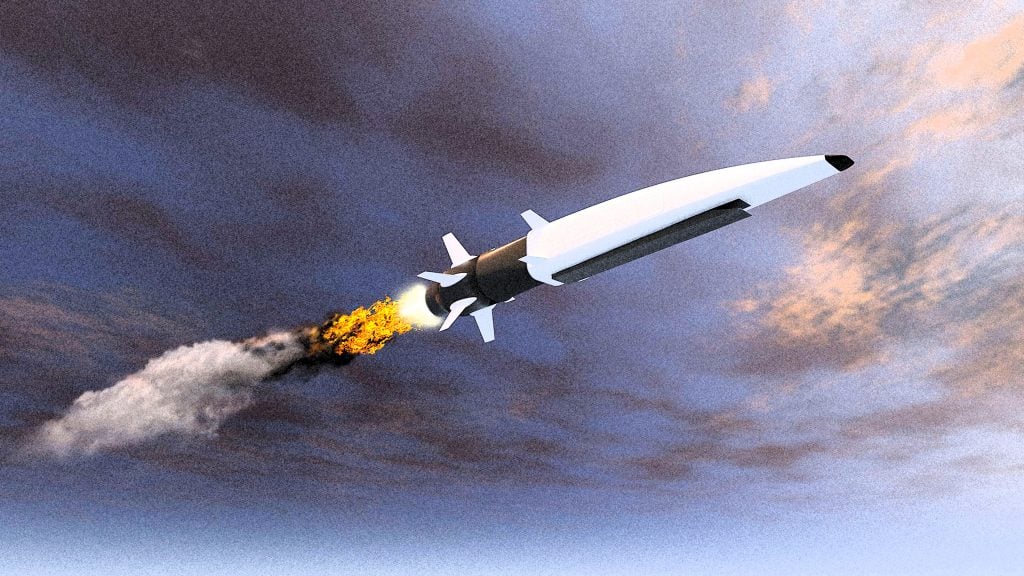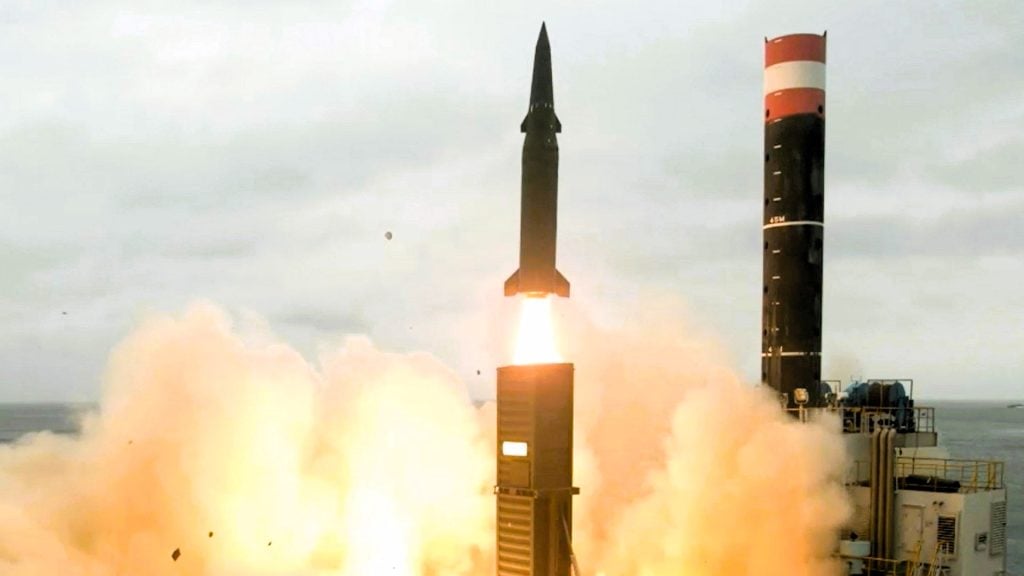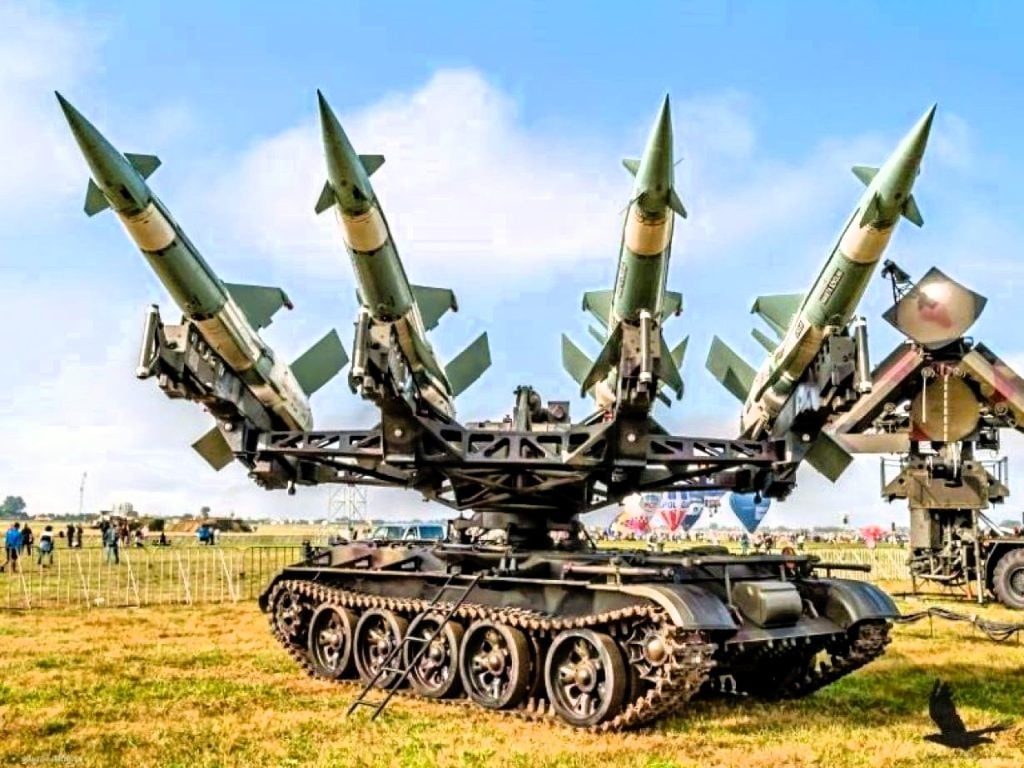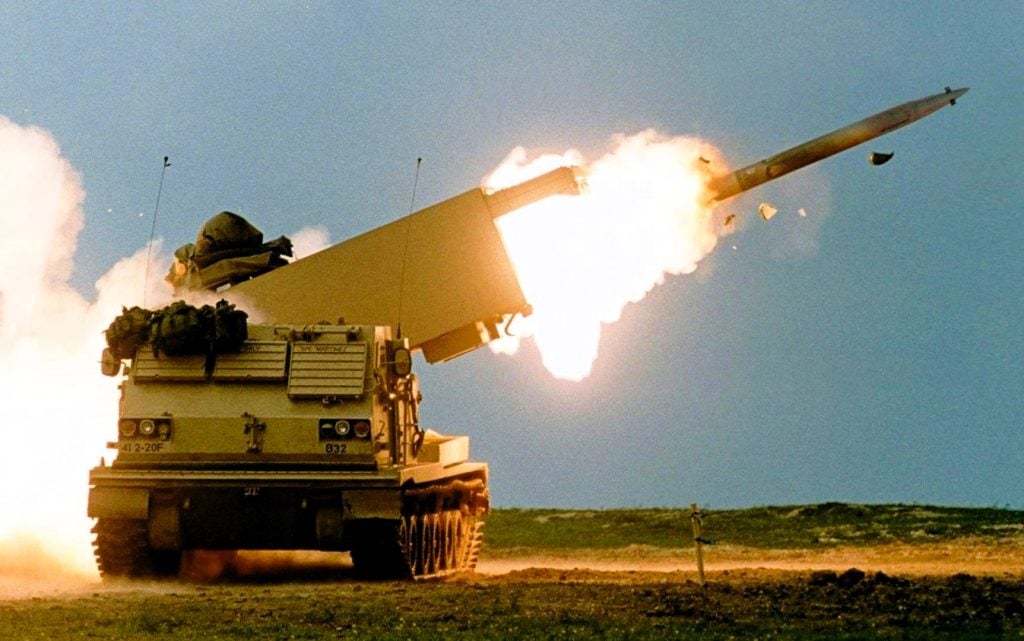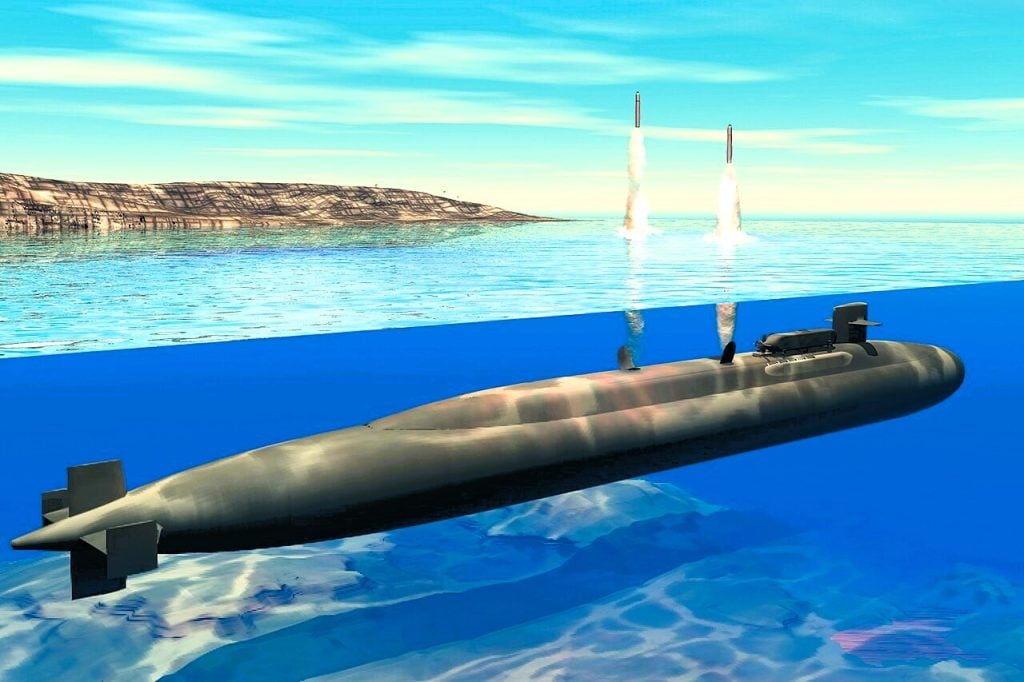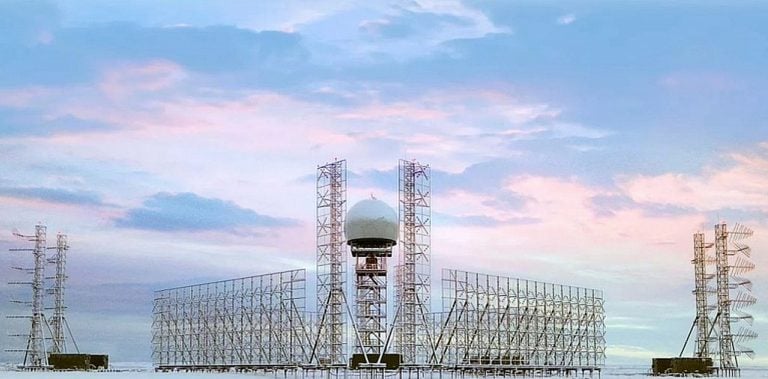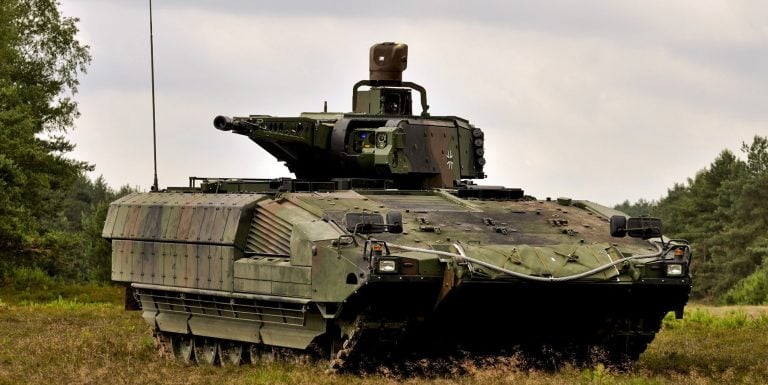The 21st century has witnessed a radical transformation in the methods of warfare, with the emergence of highly advanced and sophisticated weaponry. From cutting-edge firearms to complex drones, the array of destructive tools available to governments and non-state entities has expanded dramatically. This article delves into the most powerful weapons in the world that are shaping the landscape of modern warfare.
Nuclear Weapons: The Pinnacle of Destructive Potential
At the forefront of the world’s most powerful weapons stand nuclear armaments. Currently, nine countries possess nuclear weapons, including the five permanent members of the United Nations Security Council. A single modern nuclear warhead can carry the explosive power of over 100,000 tons of TNT, with the potential to decimate entire cities and claim the lives of hundreds of thousands of people. The sheer magnitude of these weapons underscores the transformative nature of warfare in the current era.
Thermobaric Weapons: Devastating Concussive Force
Alongside nuclear weapons, thermobaric bombs have emerged as some of the most formidable conventional weapons in the world. The “Father of All Bombs,” a Russian-designed aviation thermobaric weapon, is claimed to be the most powerful non-nuclear explosive on the planet, surpassing even the infamous “Mother of All Bombs” used by the United States military.
Precision-Guided Munitions: Unparalleled Accuracy
The evolution of warfare has also given rise to a new generation of precision-guided munitions, capable of delivering devastating strikes with unprecedented accuracy. The GBU-43/B Massive Ordnance Air Blast (MOAB), a large-yield bomb developed by the United States, exemplifies this technological advancement, showcasing the military’s ability to precisely target and eliminate specific objectives.
Aerial Dominance: The Supremacy of Fighter Jets and Gunships
The skies have become a crucial battleground, with advanced fighter jets and gunships playing a pivotal role in modern warfare. The F-22 Raptor, one of the most technologically sophisticated fighter jets, offers unparalleled air-to-air combat and air-to-ground attack capabilities, while the AC-130 gunship specializes in close air support and armed reconnaissance, equipped with a formidable array of cannons and Gatling guns.
Unmanned Aerial Vehicles: The Rise of Drone Warfare
The proliferation of unmanned aerial vehicles (UAVs), or drones, has significantly transformed the nature of warfare. The MQ-9 Reaper, a prominent example of this technology, has been extensively used in military operations, armed with Hellfire missiles and laser-guided bombs to eliminate targets around the world. The Fire Scout, a Northrop Grumman helicopter drone, further exemplifies the capabilities of these autonomous systems, equipped with advanced precision-guided weapons.
10 Best Military Drones In The World
Anti-Armor and Anti-Personnel Weapons: Versatile Lethality
In the realm of ground-based armaments, the M3E1 Multi-purpose Anti-armor Anti-personnel Weapon System (MAAWS) stands out for its ability to effectively engage both lightly armored targets and soft targets at significant ranges, showcasing the versatility of modern weaponry.
Naval Dominance: The Might of Aircraft Carriers and Submarines
The seas have not been spared from the advancements in military technology. The Nimitz-class aircraft carrier, the crown jewel of the U.S. Navy, operates as a floating city, accommodating thousands of personnel and a vast array of aircraft, ready for immediate action. Complementing this surface dominance, the Ohio-class nuclear submarines, armed with devastating missiles and nuclear bombs, provide the United States with a covert, globally capable strike platform.
The Navy’s Top 5 Aircraft Carriers Ever
Hypersonic Missiles: Redefining the Boundaries of Speed
The race for military supremacy has also given rise to the development of hypersonic missiles, such as the 3M22 Zircon, a scramjet-powered maneuvering anti-ship cruise missile produced by Russia. These weapons, capable of traveling at unprecedented speeds, pose a formidable challenge to traditional defense systems, highlighting the ongoing technological advancements in the field of military hardware.
Intercontinental Ballistic Missiles: Transoceanic Destruction
Intercontinental ballistic missiles (ICBMs) represent another apex of military might, with the Russian-developed RS-28 Sarmat, also known as “Satan II,” boasting a range of 18,000 kilometers and the ability to carry a variety of warhead configurations, including hypersonic boost-glide vehicles.
Air Defense Systems: Safeguarding the Skies
Alongside the development of offensive weaponry, nations have also invested heavily in air defense systems to protect their airspace. The Russian-made S-400 Triumf, a mobile surface-to-air missile system, stands out for its impressive range and the ability to engage a wide array of aerial targets, including aircraft, unmanned aerial vehicles, and cruise missiles.
Rocket Artillery: Overwhelming Firepower
The evolution of warfare has also seen the advancement of rocket artillery systems, exemplified by the Russian-designed TOS-1 heavy flamethrower system. This weapon provides direct fire support and the ability to clear buildings, fortifications, and bunkers, showcasing the diverse capabilities of modern military hardware.
Submarine-Launched Ballistic Missiles: Covert Global Reach
Submerged beneath the waves, the United States’ UGM-133 Trident II submarine-launched ballistic missiles represent another formidable component of the global military arsenal. These intercontinental-range weapons, housed within the Ohio-class submarines, carry warheads with yields ranging from 100 kilotons to 475 kilotons, dwarfing the destructive power of the Hiroshima bomb.
5 Best Attack Submarines on Planet Earth Right Now
Conclusion: Balancing Power with Responsibility
As we contemplate the sheer destructive potential of these weapons, it is imperative to recognize the importance of nations exercising restraint and advocating for peaceful resolutions. The transformative nature of modern warfare, driven by technological advancements, underscores the need for a comprehensive approach to global security, one that prioritizes diplomacy, conflict resolution, and the pursuit of a more stable and secure world order.
FAQs
Q1: What criteria were used to rank the most powerful weapons in the world?
The ranking considered factors such as firepower, technological advancement, range, accuracy, deployment capabilities, and impact on modern warfare.
Q2: Which country holds the top spot in the ranking for the most powerful weapon?
The United States is often leading with its advanced weaponry, including strategic assets like the B-21 Raider bomber and the Columbia-class submarine, but the exact rankings can vary based on specific categories.
Q3: What is the most powerful missile listed in the rankings?
The RS-28 Sarmat (Satan II) from Russia is frequently mentioned as one of the most powerful intercontinental ballistic missiles (ICBMs) due to its immense destructive capacity and advanced countermeasure systems.
Q4: How does technological advancement influence the ranking of these weapons?
Technological advancements play a crucial role, with innovations in AI, stealth technology, precision guidance, and cyber warfare capabilities greatly enhancing a weapon’s effectiveness and ranking.
Q5: How often are these rankings updated?
The rankings are typically updated annually to reflect the latest developments in military technology and strategic deployments.
